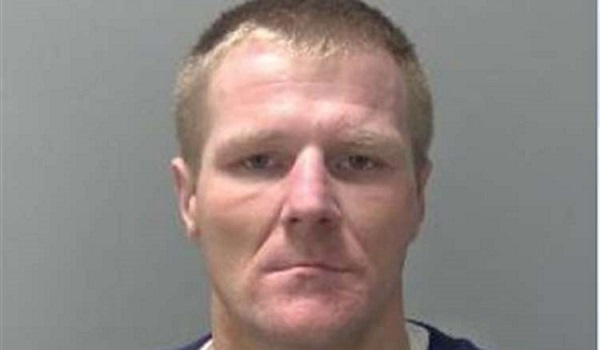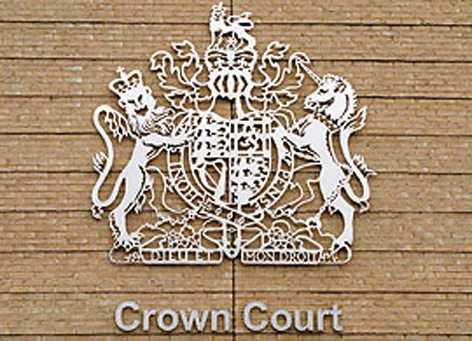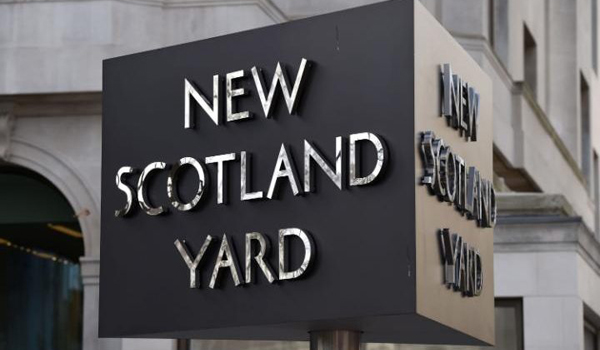Bin lorry deaths driver receives community sentence for driving after licence revoked
The driver of the bin lorry that killed six people has avoided a prison term despite admitting culpable and reckless driving shortly after the tragedy.
Harry Clarke, 60, has been given a three year driving ban, a 12-month supervision order with 150 hours’ unpaid work as well as a four-month restriction of liberty order and will have to wear an electronic tag.
He admitted driving a car despite his licence being revoked for medical reasons. Clarke was not jailed because he is a first-time offender.
He wholly accepts that that decision was a gross error of judgment
The offences took place nine months after six people died and another 15 were injured in December 2014 when Clarke lost control of his refuse lorry in Glasgow city centre.
He was not prosecuted over the crash after Scotland’s Crown Office and Procurator Fiscal Service said there was insufficient evidence to pursue criminal proceedings.
Jack and Lorraine Sweeney, 68 and 69, and their granddaughter Erin McQuade, 18, Stephenie Tait, 29, Jacqueline Morton, 51, and Gillian Ewing, 52, died.
A fatal accident inquiry heard Clarke had history of health issues but did not tell his employers or the DVLA about his medical background.
Senior Fiscal Deputy Martin Allan told Glasgow Sheriff Court that a neighbour spotted Clarke driving out of the car park of his home on September 22 last year and called the police.
“Both were suspicious about his ability to drive because of the media coverage and they did some research online and found that his licence had been revoked on medical grounds. They called the police at 8.04pm,” the court heard.
“While waiting for the police between 10.15pm and 10.20pm, they saw his car return again to the car park and it parked up in the usual space.
“He got out and went to the boot to get carrier bags.”
Officers went to Clarke’s home where he was cautioned and charged.
Ross Yuill, defending Clarke, said his client drove around 30 yards on the public road, and added “he wholly accepts that that decision was a gross error of judgment”.







